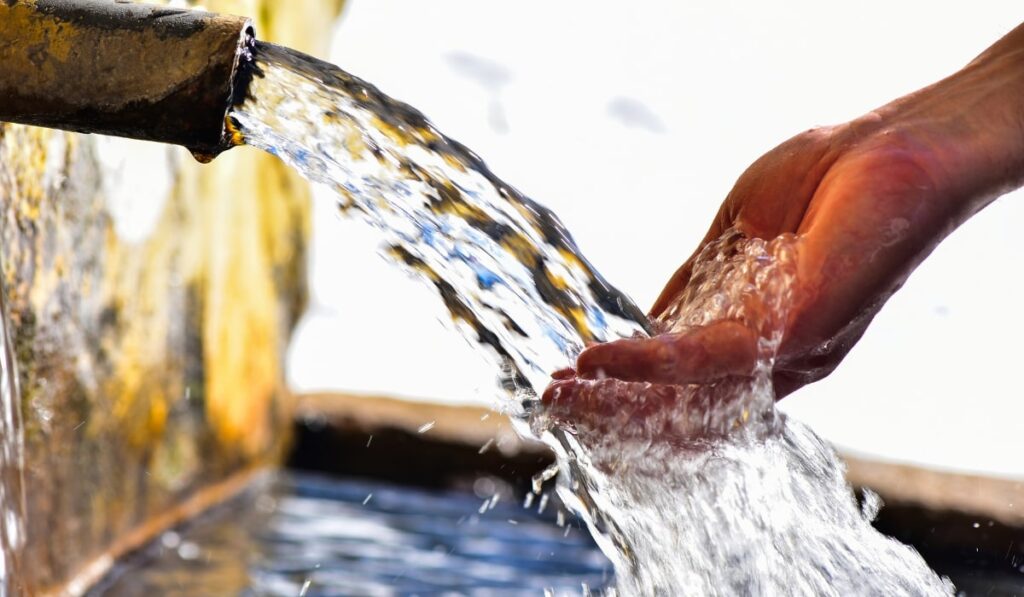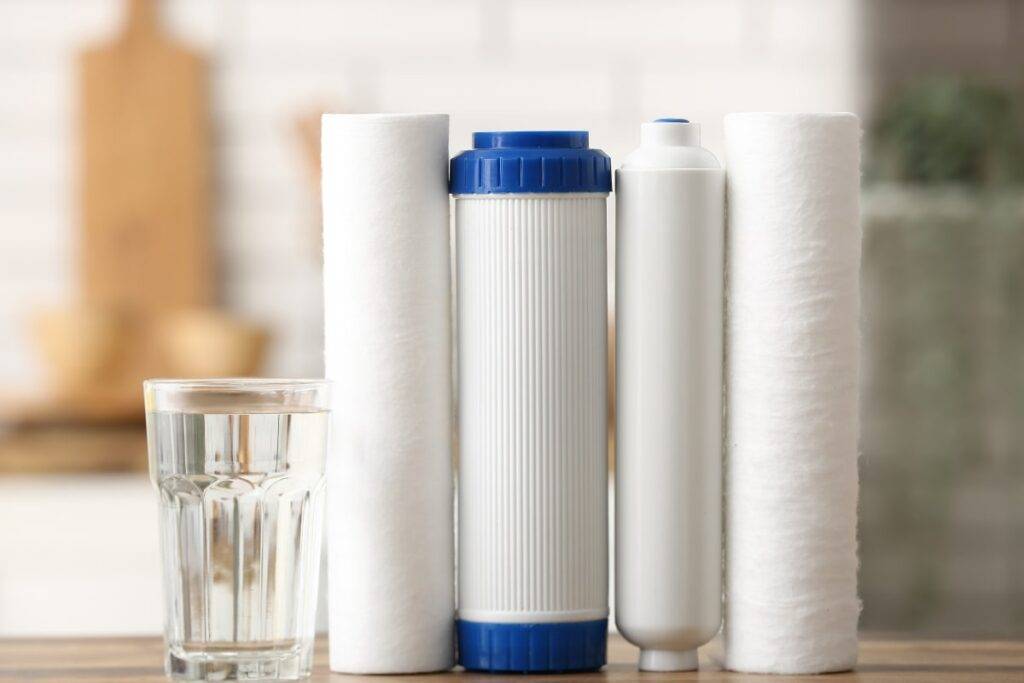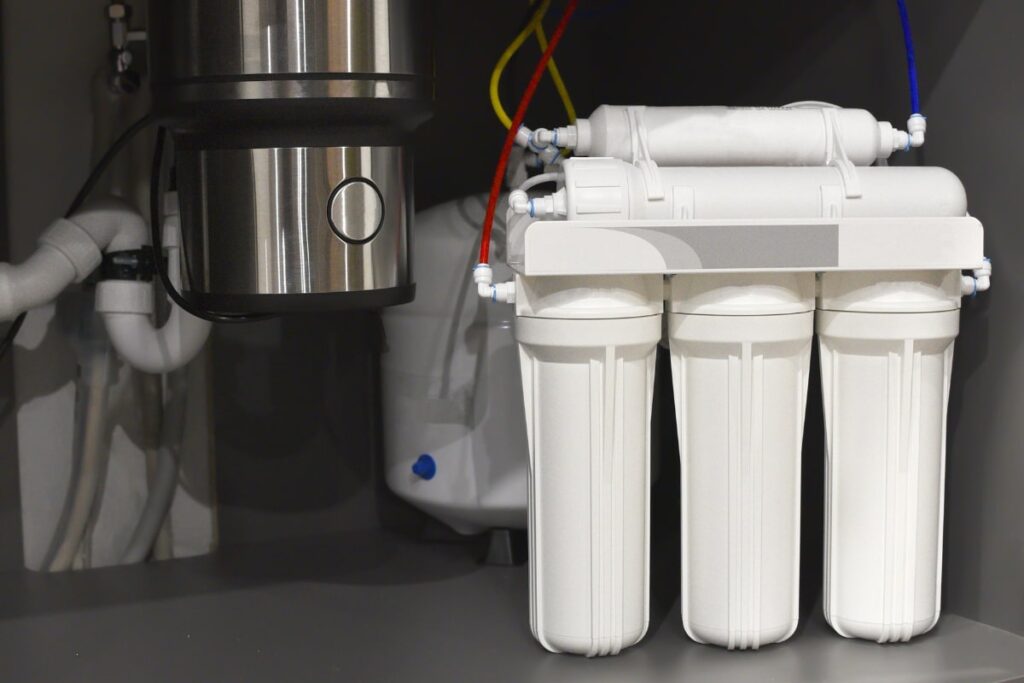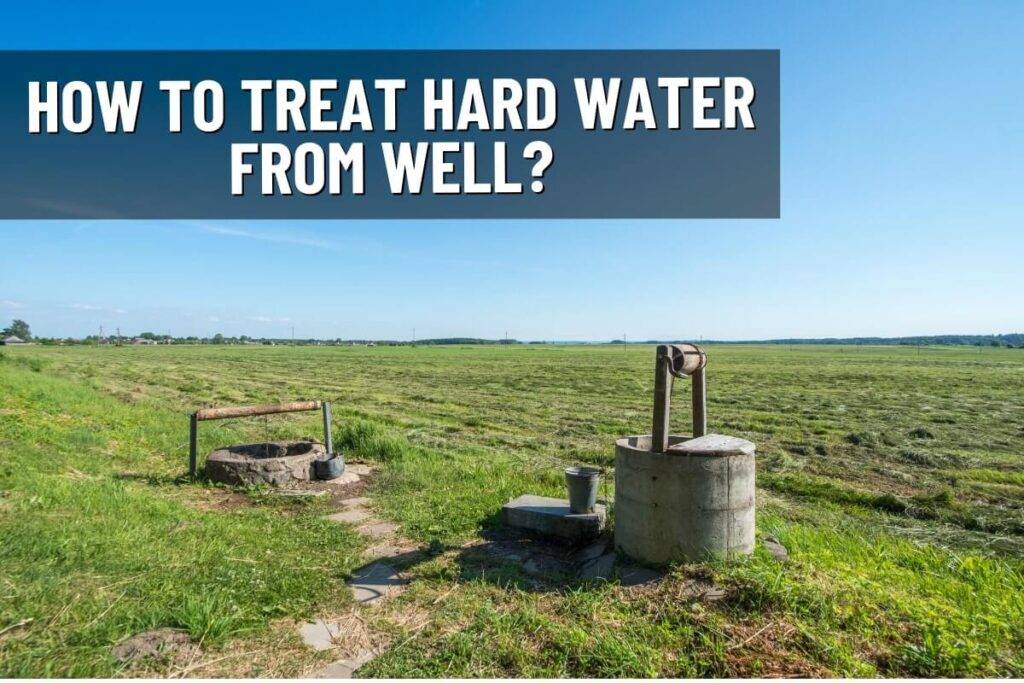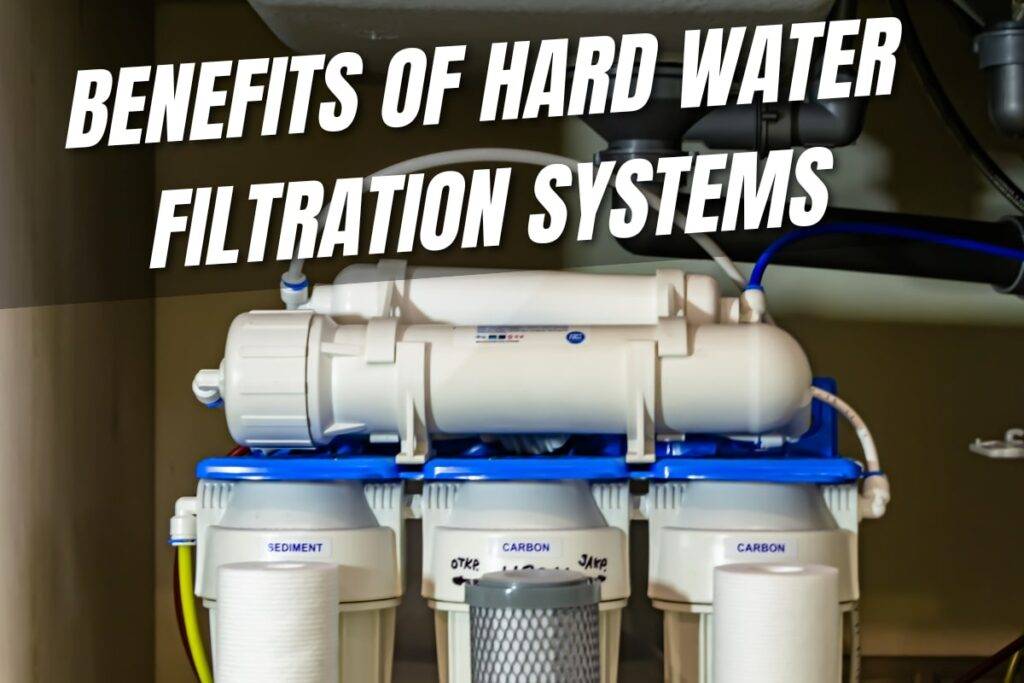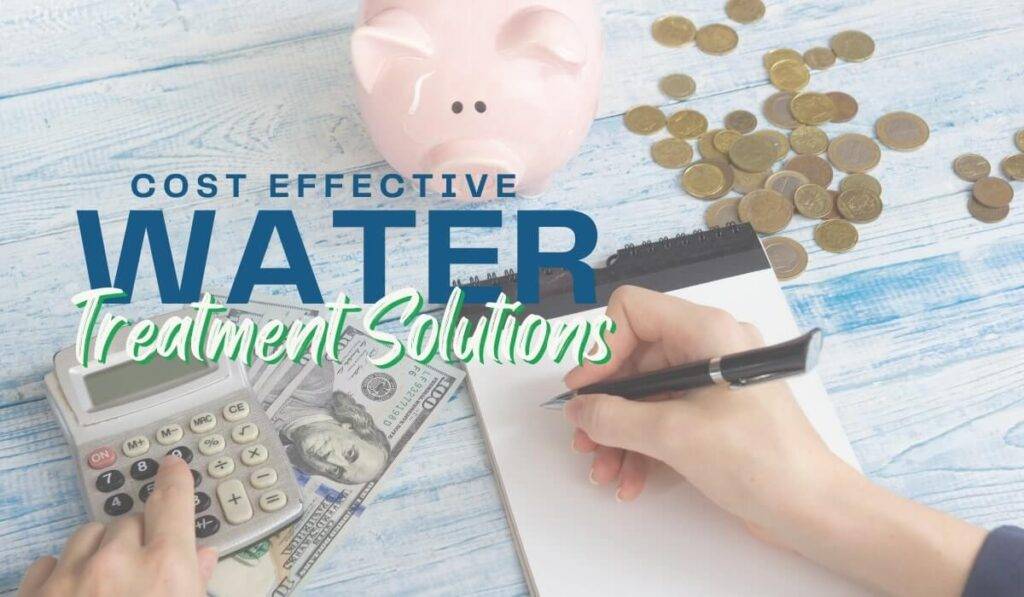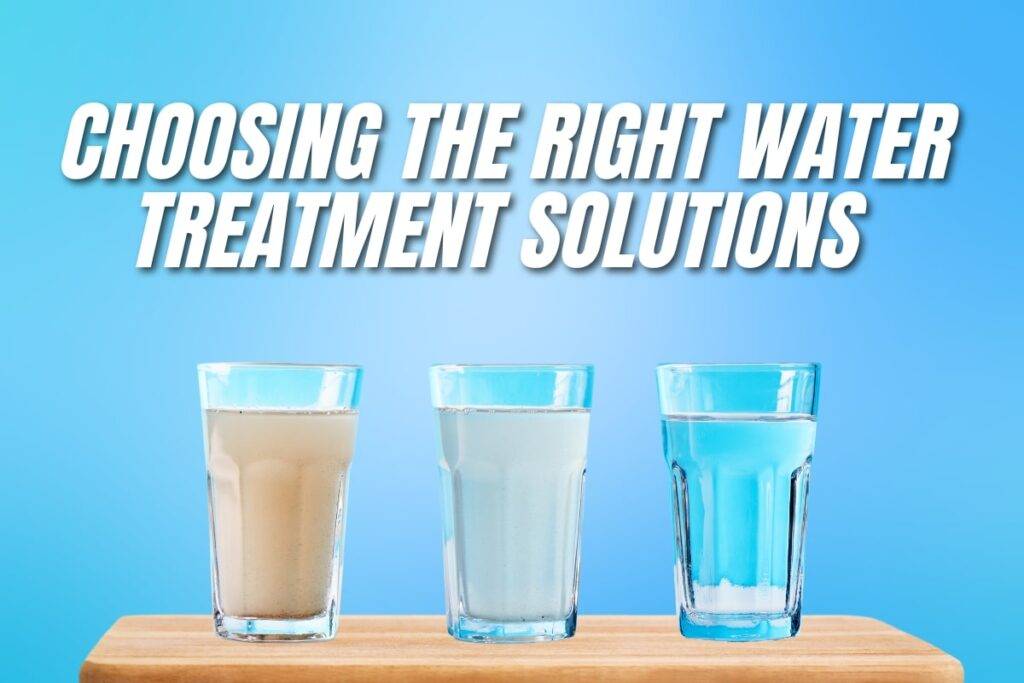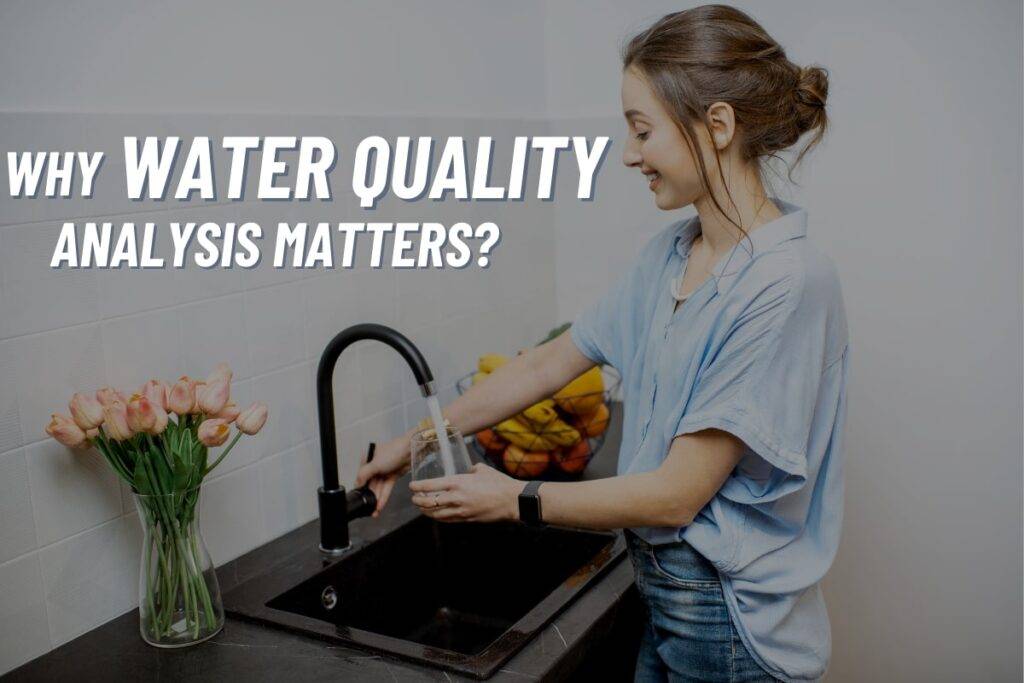What Is a Salt-Free Water Softener for Well Water, and How Does It Work? Find Out Here!
Ever wondered why your skin feels itchy after a shower or why your appliances wear out faster than usual? You might be dealing with hard water. If you have a well water system, you know how challenging it can be to keep your water soft and pleasant. Enter the salt-free water softener for well water—a revolutionary solution gaining popularity. This post explores what a no-salt water softener for a well is, how it works, and why you might want to consider it for your home. Understanding The Hard Water What Is Hard Water? Hard water has significant levels of extracted minerals, mainly calcium and magnesium. These essential minerals accumulate as water passes through the ground and into our water supply. While hard water isn’t harmful to your health, it can cause problems in your home, from reducing water quality to causing hard water scale. Effects Of Hard Water On Home Appliances And Plumbing Scale build-up occurs within your water pipes, in a selected region of the pipe where it is concentrated, or at many different locations (depending on time). Spots on your dishes, poor soap lathering, and dry skin or hair might be noticeable. That is where water softeners come to the rescue. What Is A Water Softener? Traditional Water Softeners Traditional water softeners use ion exchange to remove calcium and magnesium ions from the water. This process involves replacing these hardness ions with sodium or potassium ions, effectively softening the water. Salt-based water softeners are effective but require salt to maintain optimal performance. The Role Of Salt In Water Softeners Salt is crucial in traditional water softeners, as it regenerates the resin beads that trap hard water minerals. However, the use of salt can have drawbacks, including the need for regular maintenance, water waste, and potential environmental concerns. Salt-Free Water Softener For Well Water A salt-free water softener for healthy water, also known as a salt-free water conditioner, is a device that conditions hard water without salt. Instead of removing hardness minerals, it alters their chemical structure so they don’t form scale. This alternative solution is becoming increasingly popular among homeowners. Differences Between Salt-Free and Traditional Water Softeners Unlike traditional water softeners, salt-free systems do not use ion exchange. They don’t add sodium to the water, making them a healthier option for those on low-sodium diets and more environmentally friendly due to zero water waste. How Do Salt-Free Water Softeners Work? The Science Behind Salt-Free Water Softeners Salt-free water softeners typically use Template Assisted Crystallization (TAC). This process converts hardness minerals into inactive microscopic crystal particles suspended in water rather than adhering to surfaces, thus preventing scale build-up. This innovative technology ensures that you enjoy the benefits of soft water without the hassle of traditional salt-based systems. Types of Salt-Free Water Softeners TAC Systems These use catalytic media to facilitate the crystallization of hard minerals. Effective at converting calcium and magnesium into stable crystals that do not form scale. Requires minimal maintenance and has a long lifespan. Electromagnetic Systems These use magnetic fields to alter the properties of water minerals. The magnetic fields change the structure of hardness minerals, preventing them from forming scale. Typically easy to install and do not require regular upkeep. Chelation Systems These bind hardness minerals with a chelating agent, preventing scale formation. The chelating agent attaches to calcium and magnesium ions, keeping them soluble. Suitable for those looking for a chemical-based approach to water conditioning. Benefits Of Using A Salt-Free Water Softener For Well Water Health Benefits No Added Sodium: Salt-free water softeners do not add sodium to your drinking water, making them a better option for those with hypertension or other sodium-related health issues. Retention of Beneficial Minerals: Unlike traditional systems, salt-free conditioners retain essential minerals like calcium and magnesium, which are beneficial for health. Environmental Benefits Zero Water Waste: By avoiding the use of salt, these systems prevent the discharge of sodium into the environment, which can be harmful to aquatic life and soil quality. Reduced Chemical Use: These systems do not rely on harsh chemicals or other additives, making them a more sustainable and eco-friendly choice. Economic Benefits Lower Operational Costs: Salt-free systems generally require less maintenance and have lower operational costs, since there’s no need to purchase salt or deal with the disposal of brine waste. Long-Term Savings: Minimal Maintenance: These systems typically require less frequent servicing and have longer-lasting components. Extended Appliance Lifespan: Salt-free water softeners can extend the life of your water-using appliances by preventing scale build-up and reducing the need for costly repairs or replacements. Reduced Water Pressure Issues: Traditional water softeners can sometimes cause a drop in water pressure. Salt-free systems maintain optimal water pressure, ensuring a consistent flow throughout your home. Additional Benefits No Slippery Feel: Softened water from traditional systems can leave your skin slippery after washing. Salt-free systems do not cause this effect, providing a more natural feel. No Chemical Residue: With no harsh chemicals, you can be assured that your water is free from unwanted residues that could impact its taste or safety. User-Friendly Installation and Operation: Many salt-free systems are designed for easy installation and straightforward operation, making them accessible even for those without technical expertise. By incorporating a salt-free water softener, you can enjoy many benefits, from improved health and environmental sustainability to economic savings and enhanced water quality. It makes a no-salt water softener a valuable investment for any home, particularly those reliant on well water. Installation And Maintenance Of Salt-Free Water Softeners Installation Process Installing a salt-free water softener for well water is straightforward and can often be done without professional help. Most systems come with detailed instructions, and some manufacturers offer installation kits. Ensuring proper installation can help maintain optimal water pressure throughout your home. Steps for Installation: Read the Manual: Start by thoroughly reading the manufacturer’s instructions and gathering all necessary tools. Turn Off Water Supply: Before installation, turn off the main water supply to avoid water damage. Cut the Pipe: Use a pipe cutter


